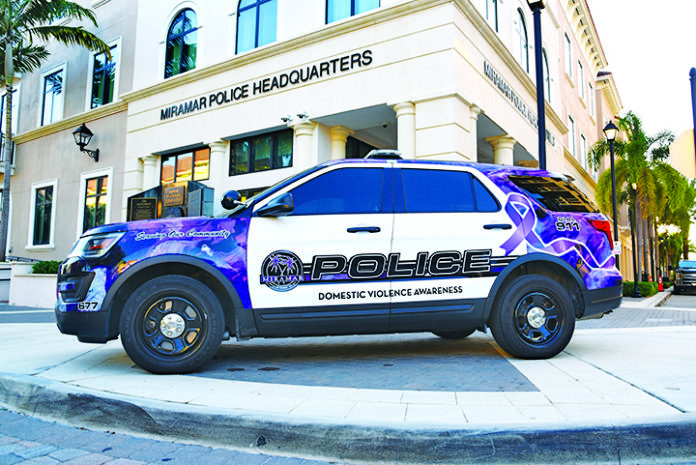|
Getting your Trinity Audio player ready...
|
A time to raise awareness of the issue and support survivors
What is an Abusive Relationship?
According to the National Coalition against Domestic Violence, battering is defined as a pattern of behavior used to establish power and control over another person through fear and intimidation, often including the threat or use of violence. Domestic violence can occur anywhere and to anyone regardless of socio-economic status, gander, race, religion, ethnicity, sexual orientation, educational background, etc. It is a crime of manipulation that anyone can fall prey to. It is important to recognize signs of domestic violence to be able to combat against it.
RED FLAGS OF ABUSIVE RELATIONSHIP
Does your partner…
• Utilize intimidation; including threats to hurt or kill you, your children, other family members, and/or pets
• Call you names or puts you down
• Have control over what you do or where you go, and financial resources.
• Isolate you from family and friends
• Threaten to take away your children
• Pressure you to use drugs or alcohol
• Not trust you, and easily becomes jealous
• Threaten to have you deported or baker acted
• Threaten to have you arrested for something you did not do
• Destroy your property
• Minimize abusive behavior, blames you, alcohol, or drugs for it
• Display weapons to threaten you
• Force you to engage in unwanted sexual acts
• Grab, push, hit, punch, slap, kick, or choke you
• Threaten to commit suicide if you leave Often, people question why a person would stay in an abusive relationship. It is important to understand that anybody can be a victim of domestic violence. The abuser uses power to manipulate and control a person. Also, fear often contributes to why a person may stay in an abusive relationship. The victim/survivor may be motivated by love to stay, but it is important to remember that the abuser is not motivated by feelings of love or intimacy. Love should never hurt someone. Rather than question why a victim/survivor of domestic violence stays in an abusive relationship, let’s turn our focus to holding the abuser accountable, and question why they would choose to harm and endanger someone. Yes, batterers can control their behavior.
Millions of people are abused each year, but there is help out there. If you or someone you know is a victim of domestic violence, it is important to get help. The following numbers are resources that a survivor may find helpful:
Emergencies: 911
• Women in Distress Crisis Line:
(954) 761-1133
• Coast to Coast Legal Aid of South Florida Family Violence Unit:
(954) 358-5644
• Broward County Clerk of Court Domestic Violence Division:
(954) 831-5570
• National Domestic Violence Hotline:
1-800-799-7233
• National Domestic Violence Hotline (TTY):
1-800-787-3224
Remember everyone has a right the right to feel safe and be free from threats. Help us end domestic violence by raising awareness, and sharing information about resources available, to your friends, family, coworkers and neighbors.






